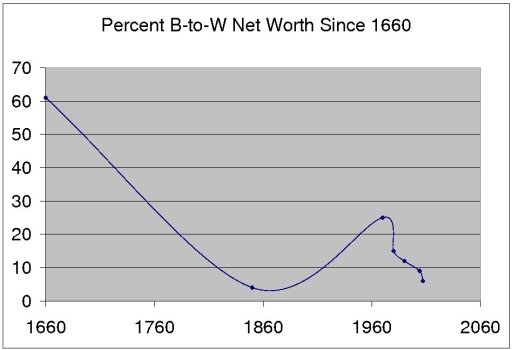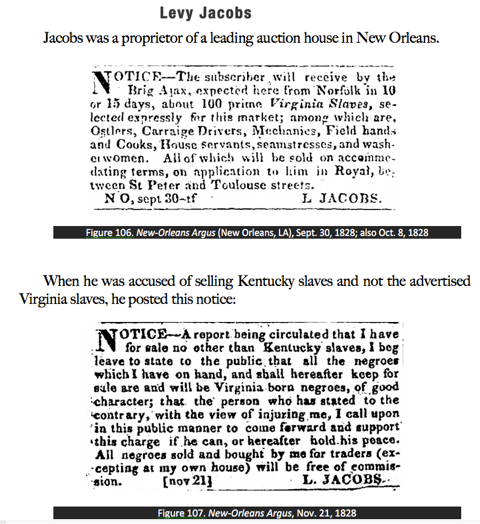Who “Rebuked” Minister Farrakhan?
By Dr. Ridgely Abdul Mu’min Muhammad
On Sunday, May 27, 2012, The Honorable Minister Louis Farrakhan addressed a packed house at the San Diego, CA, Convention Center. In his address The Minister mentioned that someone had “cussed” him out over the Internet because he had made the statement that Black people were not “productive.” Who would dare “cuss out” Minister Farrakhan? Who would be so bold as to insult The Minister in such a despicable manner?
Well, we all know Negroes like that. Perhaps it was some educated Negro who thought that he or she had “made it” in the white man’s world. This Negro could have been me, before I came into the knowledge of myself a long time ago. I am a college graduate with a Ph.D. in agricultural economics from Michigan State University. I attended a prestigious prep school in the Northeast and I also attended Columbia University in New York City. If I had not been fortunate enough in the tenth grade to read The Autobiography of Malcolm X while at Phillips Exeter Academy, I may have become another token Negro on the white man’s plantation. I could have been a “house negro” instead of a free Black man.
Maybe our Negro “rebuker” does not or did not understand how Minister Farrakhan measures productivity. In his address he clearly explained that there are two types of productive work: work that produces benefits for only your personal self and work that benefits both you and your people. Of those things that you buy with your money, are they productive assets or just consumption goods? For instance, is a $60,000 Mercedes-Benz that you use only for personal travel the same as a $60,000 tractor or piece of equipment that not only provides a stream of income for you but also employs others?
What is wealth? The Honorable Elijah Muhammad taught us that wealth was not your income, but what you saved out of that income. In other words, wealth is your assets minus your liabilities. If you have a house worth $250,000, but still owe $200,000 on the mortgage note, then your net worth or wealth is $50,000. For most Black people their home was the major store of their accumulated wealth. Is this house, which has a net worth of $50,000 that generates no income and takes money to maintain, the same as stock in a corporation that provides yearly dividends while increasing in value at the same time?
The Honorable Elijah Muhammad also admonished us about conspicuous consumption, where we try to compete with the white people that own the productive assets of this country while we have only wages from our labor. According to 1990 census data, the Black worker received just 61 percent of the income of white workers—the same 3/5ths position that the U.S. Constitution dictated over 200 years ago. Even though Blacks receive just three-fifths of what whites receive, Blacks spend nearly one trillion dollars per year, mostly outside of our communities. Now, does our Negro “cusser” use this reduced income to try to live the lifestyle of the whites that make 39 percent more? Or does he live within his means while pooling his resources with the other “61 percenters” to establish businesses that will employ others like themselves plus yield dividends? Can this Negro bequeath or pass on to his children the job that he has, or will they have to start from scratch like he did and beg the white man for a job?
The Minister in his San Diego address pointed out how Detroit is suffering economically while the auto industry is on the rebound in other parts of the country. Now, we as Black folk are just supposed to ignore the fact that Detroit is 80 percent Black and that those former Black autoworkers were in a strong union that forced the auto industry to provide them a “middle-class” income. So Ford, Chrysler and GM management managed to sink the American auto industry, while Japan and Korea began to build manufacturing plants in America. The American auto industry gets a government bailout, but builds new plants outside of Detroit, leaving Detroit to go into some type of receivership program with the state of Michigan and Wall Street bankers. Please, Mr. 61 percenter, wake up! You can’t even promise your children that they will find a decent job on any of America’s remaining corporate plantations after they complete college.

As stated earlier, income is not wealth. When we compare the wealth between white people and Black people, the differences become astronomical. Although Blacks received 61 percent of the income of whites, according to 1990 census data, they owned just 12 percent of the net worth of whites on a per capita basis. However, by 2009 that gap had widened, with Blacks having a net worth of only 5 percent of whites. In other words, for every dollar of net worth that a Black family owns, the white family owns 20 times more.
For those who think that Blacks in general gained from integration, a report published in 2010 by Frank W. Sweet detailing “The U.S. Black/White Net-Worth Gap” provides a crushing indictment of integration/civil rights. This research goes all the way back to the early colonial period by comparing what fraction of African Americans owned land and slaves to the fraction of European Americans who owned land and slaves. Estimated in this way, the Black/White net-worth ratio was 61 percent in 1660.
African-American net worth then fell for the next two centuries, as the slave system took hold, bottoming out at about 4 percent in 1860. After slavery ended, Black families’ net worth as measured by property and stock ownership rose steadily. The improvement continued throughout the Jim Crow era of segregation, but began to plunge right after the 1964 Civil Rights Act legislation, which ushered in “integration.” The past four decades have witnessed the collapse of the wealth of African-American families to levels prior to the Jim Crow era.
We live in a capitalist country where citizens are allowed to own the major means of production through stock ownership, partnership or sole proprietorship. How much stock and other financial assets do Black people own in comparison to white folk? According to 1990 census data, Black people owned 1.4 percent of the financial assets of whites. So in terms of capital ownership, Black people are the “1.4 percenters.”
Recent cost of living studies report that the cost of transportation required to get to work is more than the cost of housing. Housing costs include mortgage payments, operating costs and utilities for homeowners, and contract rent and utilities for renters; transportation costs include the cost of owning and operating a vehicle and the cost of public transit. So basically Americans are working just to be able to get to work. Sounds like a slave to me.
So what is the definition of a slave? According to Webster, a slave is “one bound in servitude to a person or household as an instrument of labor.” This sounds like the majority of Black people in America. We are bound to work and be productive for someone else as an instrument of labor, yet own no capital and have no real wealth at the end of our lives. Money passes through our hands to increase the wealth of our employers and their families.
And like slaves we like to brag about the wealth of our masters. “Oh, I work for IBM, one of the largest corporations in the world. And I live in the ‘404’ or the ‘212,’ which has some of the tallest skyscrapers in the world.” Of course we also like to brag about which college we attended the same way that the slave sellers used to brag about where we were bred.
America ended the Trans-Atlantic Slave Trade in 1808 because the local slave breeders did not want outside competition. In the book Jews Selling Blacks is a newspaper advertisement (right) where a Jewish slave trader took offense at someone claiming that he was selling “Kentucky slaves” instead of purebred “Virginia slaves.” I am sure that the Virginia breed of slaves was known to be both very productive and docile—that is, not prone to running away. So we must conclude that Minister Farrakhan’s Negro “cusser” has been well bred for his role as a well-trained and selfishly productive instrument of labor for white people, while producing nothing for the long-term improvement or well being of his people.
Of course our Negro “cusser” may not consider himself “Black”—until he is beaten for “mistaken” identity and then runs to some Black organization for help. And when he does, The Honorable Minister Louis Farrakhan will be there to speak up in his defense, as he has done for countless others for over fifty-seven (57) years.
(Dr. Ridgely A. Mu’min Muhammad, Agricultural Economist, National Student Minister of Agriculture, Manager of Muhammad Farms.)
